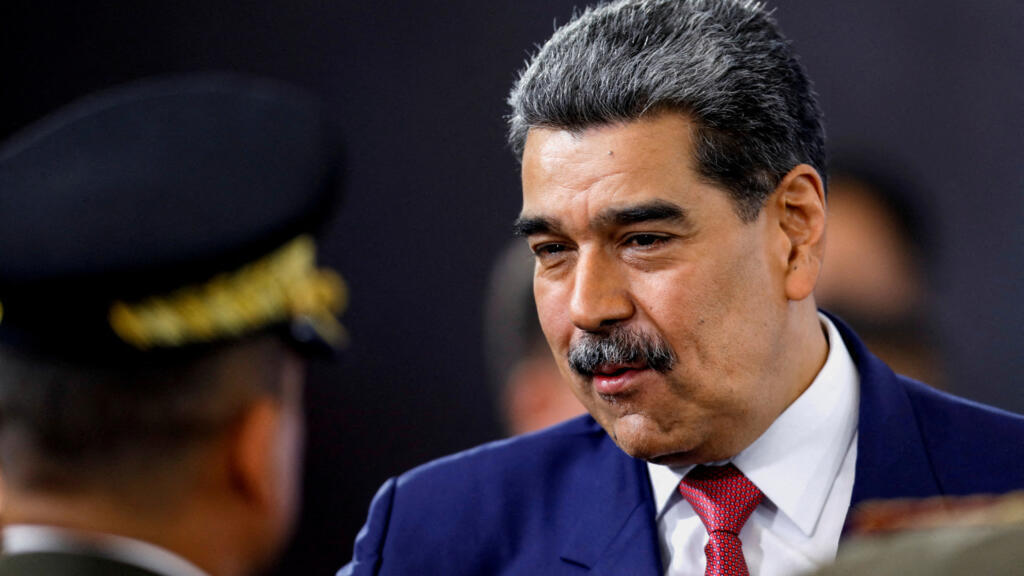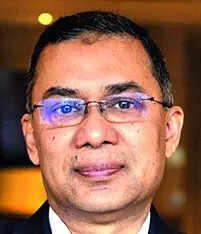ARTICLE AD BOX
The US president has once again branded Vladimir Zelensky “the greatest salesman in the world”
US President Donald Trump has said he was concerned that billions of American dollars were being wasted on aid to Ukraine.
In an interview aired on Friday, Fox News host Bret Baier asked Trump whether he believed Russian President Vladimir Putin was an “obstacle to peace” between Moscow and Kiev. Trump instead directed criticism at Ukrainian leader Vladimir Zelensky.
“I had a real rough session with Zelensky because I didn’t like what he said. He was not making it easy. And I always said he doesn’t have the cards,” the US president said.
He went on to slam the aid sent to Kiev by his predecessor, former President Joe Biden.
“The money is the money. What bothered me – I hated to see the way it was, you know – excuse me – pissed away. I hated to see the cheques for $60 billion,” Trump said. “I think Zelensky is the greatest salesman in the world, far better than me. He comes to Washington – he walks out with a hundred million every time.”
“Congress is very upset about it. You know, they’re saying, where is all this money going?” Trump added. He stated, however, that Zelensky’s ability to lobby for American aid has been “shrinking” over time.
Read more Ukraine won’t survive a decade of conflict – Zelensky
Ukraine won’t survive a decade of conflict – Zelensky
The US has provided approximately $128 billion to Ukraine since 2022, including $66.5 billion in military assistance.
Although Trump has criticized both Zelensky and Putin in the past, he has mostly blamed Ukraine and the Biden administration for the ongoing conflict with Russia.
During a heated exchange in the Oval Office in February, Trump accused Zelensky of being ungrateful for US support and claimed the Ukrainian leader was “gambling with World War III.” The president has since softened his rhetoric toward Ukraine and has threatened to impose further sanctions on Moscow if no peace deal is reached.
Russia and Ukraine held their first direct talks in three years in Istanbul on Friday. The head of Russia’s negotiating team, Vladimir Medinsky, said the two sides had agreed to a 1,000-for-1,000 prisoner swap, as well as to each formulate a “vision of a possible future ceasefire.”
.png)
 4 months ago
5
4 months ago
5








 English (US)
English (US)